Windows 11: Here's How The New OS Can Be a Great Success
It's not that hard, Microsoft - just don't repeat those Windows 10 mistakes and you'll be fine

It's all true and now everything is just a matter of timing: Windows 11 is on the way, a preview version of it that's surprisingly stable has already leaked and picked apart by several outlets, so we all know what Microsoft will talk about on June 24th during its already announced "the future of Windows" presentation.
We still do not know how far into development Windows 11 actually is, which makes guessing the timeframe of its release tricky: it could be summer/autumn of 2022... or Microsoft could surprise everyone and announce that Windows 11 is actually the "Sun Valley" Windows 10 update we all thought was on schedule for release at some point in October as "21H2". Weirder things have happened!
Whatever the case may be, Windows 11 will be the successor to one of the most controversial operating systems in PC history - something Microsoft is 100% to blame for. But now the Americans have a choice: they can handle the Windows 11 transition and promotion in a different way, so as to ensure that it will hit the ground running, please the market and regain consumer trust.
The good news: it's not that hard to accomplish all this. All Microsoft has to do is avoid the biggest mistakes it did with Windows 10. So, in essence, instead of repeating those mistakes, it should just do these five things.
Offer the Windows 11 upgrade for free or for a nominal fee
This one might seem like a no-brainer but the whole "something for nothing" discussion is more important than ever. On one hand, since Microsoft offered Windows 10 for free to all Windows 7/8/8.1 users, logic dictates that it will probably offer Windows 11 for free to Windows 10 users (all 1.2 billion of them). On the other hand, the level of support and meaningful advancement Microsoft provided for Windows 10 was abysmal - maybe due to the fact that, making almost no money out of it, the company did not invest enough resources in it.
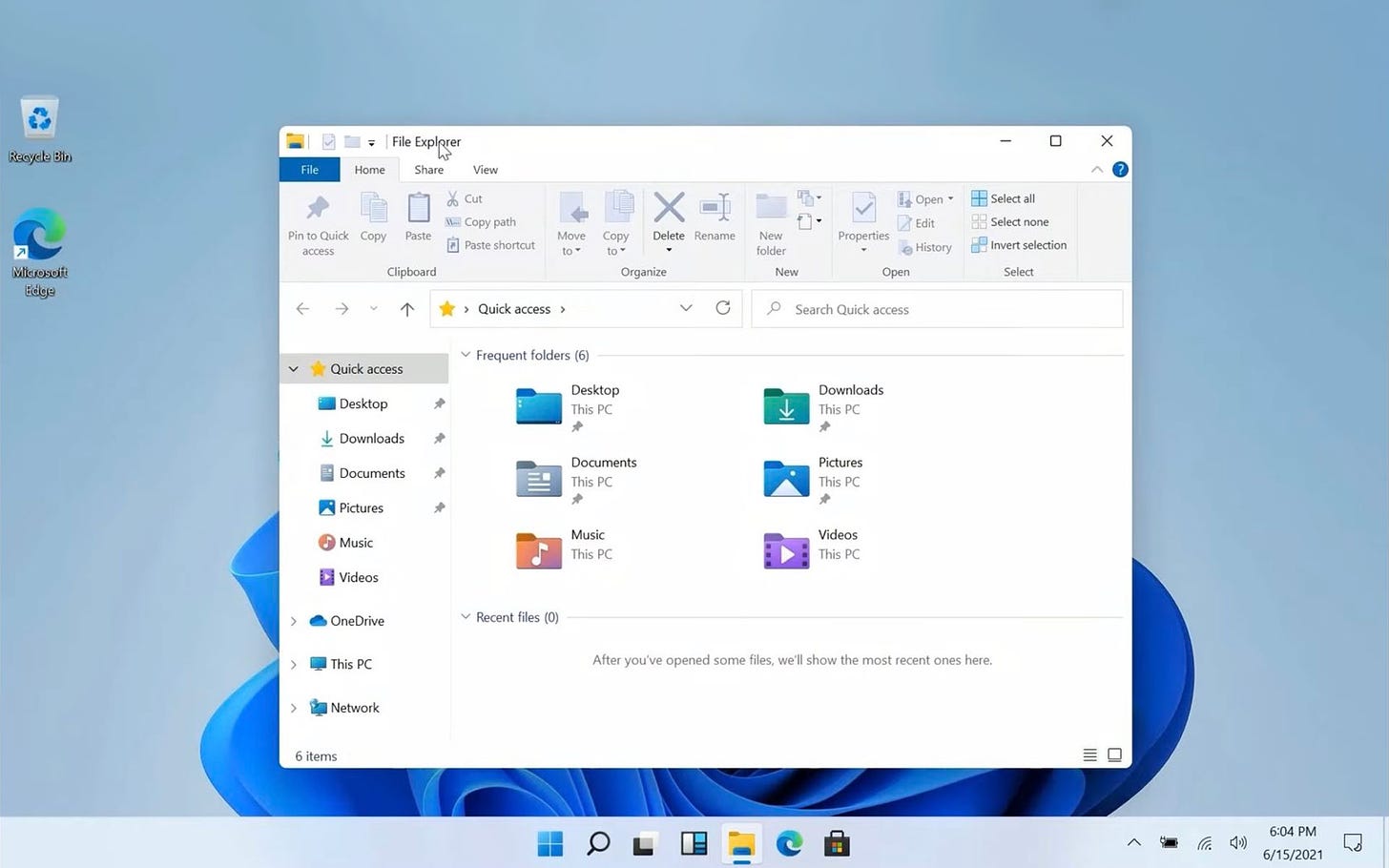
Well, if that was the problem all along, maybe Microsoft can charge a nominal upgrade fee - anything between, say, $9.99 and $49.99 with either $19.99 or $29.99 being preferable - to cover the cost of development and support of Windows 11. The Redmond giant is not actually in need of that money, of course. But it would seal an informal agreement, of sorts, that Microsoft will not treat paying customers the way it did Windows 10 upgraders.
Provide Windows 11 users with proper, tested, trustworthy support
Whatever Microsoft decides to do about the upgrade price of Windows 11, one thing that it cannot do is approach its support in the same way it did with Windows 10. The way operating system upgrades and even routine security updates were delivered for the best part of the last five years is simply unacceptable by 2021 standards. They caused too many problems to too many people, to the point where Windows 10 users started distrusting both the upgrades and the updates Microsoft offered.
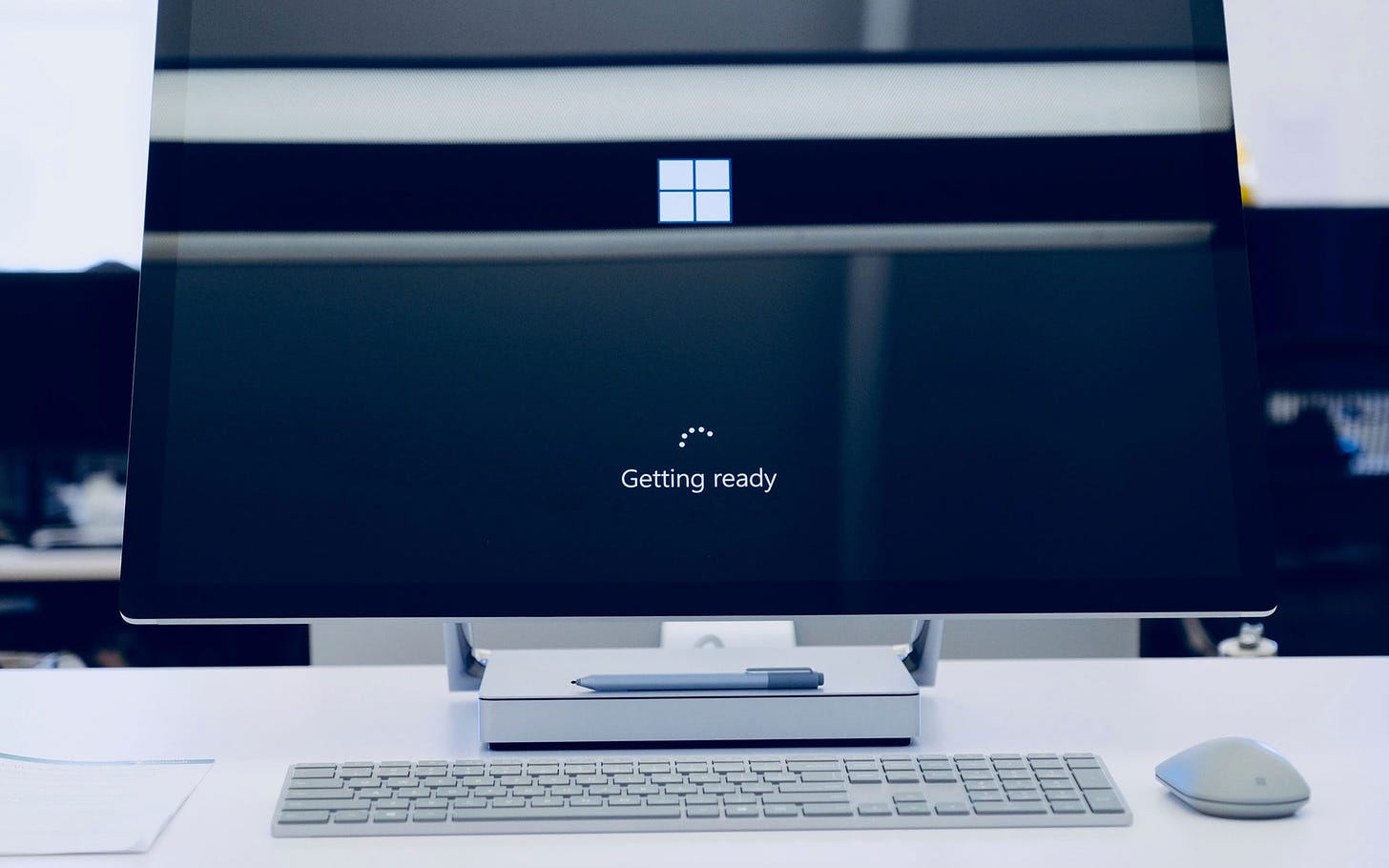
Things did get better last spring when a mechanism of "holds" was implemented in order to block Windows 10 version upgrades from ever being installed on PCs with hardware known to cause issues. The whole situation is still far from perfect, but it's clear that with enough steps taken in the right direction, Windows 11 can be practically problem-free. All that's needed is extensive, proper testing of upgrades and updates, even if that means they have to be delayed or not adhere to the strict schedule of Patch Tuesdays. Microsoft has the chance to hit the reset button on an extremely uncomfortable situation with Windows 11 and, frankly, it should take it.
Don't shove Windows 11 down people's throats
2016 may seem like way, way back now, but many of us still remember that year in Windows 10's history as one of the worst examples of corporate manipulation ever attempted. Despite the fact that the Windows 10 upgrade was offered to Windows 7/8/8.1 users for free, not as many as Microsoft anticipated made the jump in 2015, so in 2016 the company tried to make them make it on a number of occasions, in a number of ways. Needless to say, it did not go down well, practically achieving the opposite effect the Redmond giant hoped for.
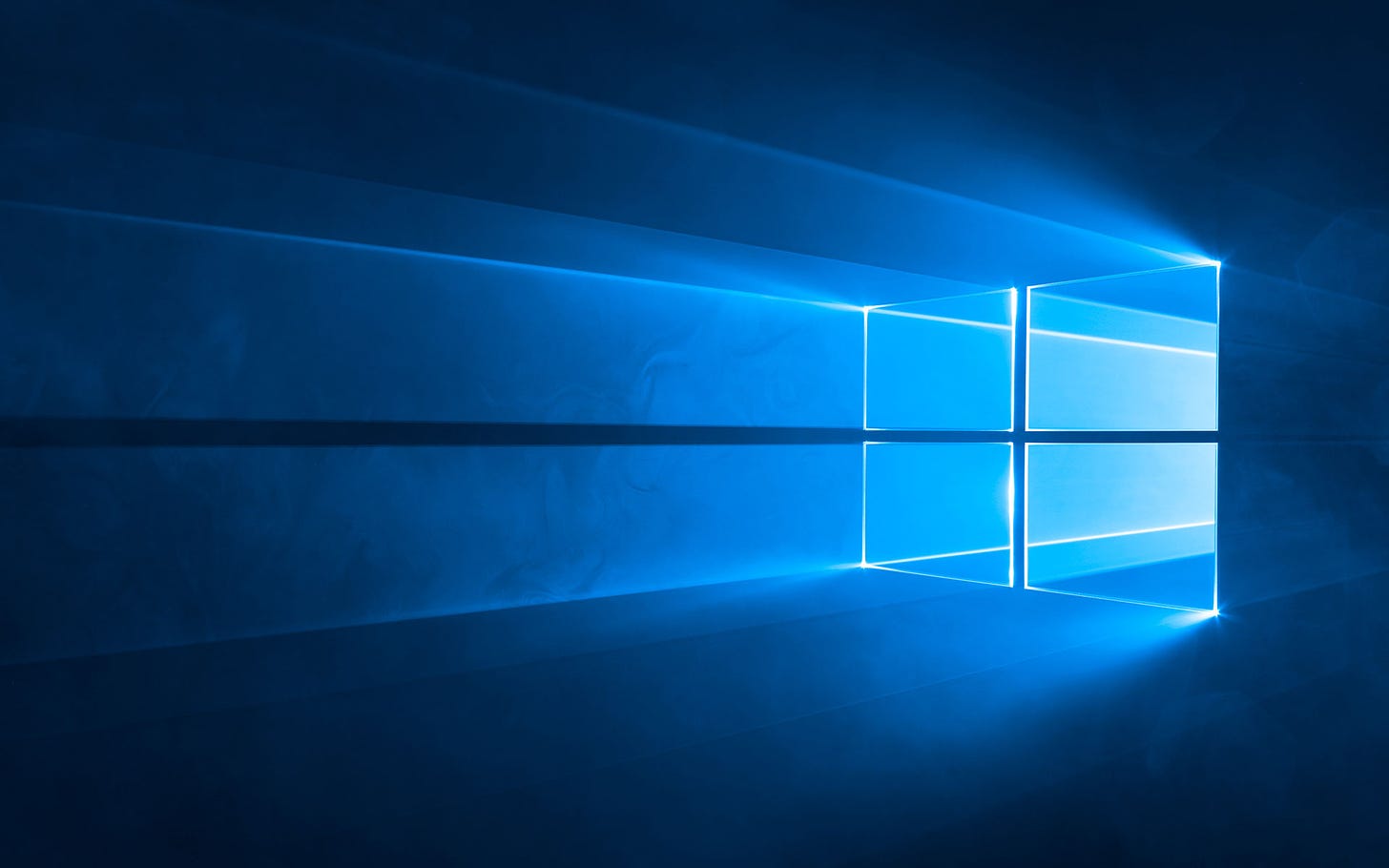
This cannot be repeated with Windows 11. Microsoft will have to let PC owners make up their own minds about upgrading from Windows 10 and, should they decide to make the jump, to do it at a time of their own choosing. Anything less than that will probably not have the desired effect (again). Windows 10 is a modern, stable, comparatively secure operating system now so the argument of upgrading from a "legacy" OS (that was valid for Windows 7 back in 2015) does not hold water today. Microsoft will just have to accept that and do as good a job as possible in other areas in order to convince people to upgrade on their own.
Be 100% transparent about what user data Windows 11 will collect
This may be too much to ask, granted, but it remains extremely important because it started out as a thorny issue all the way back in 2015 without having been resolved yet. One of the very first complaints of people who upgraded from earlier versions of Windows to 10 during that summer was that the new operating system was gathering way, way more personal information than it actually needed to run smoothly. Microsoft has been making all kinds of moves since then, from giving empty reassurances to introducing privacy switches and options consumers can tinker with. Τhe fact of the matter, though, is that nobody but Microsoft actually knows what kind of user data is still collected by Windows 10 and how they are handled, while a number of independent reports still show how the OS is in constant communication with servers that have nothing to do with the privacy settings people can change.
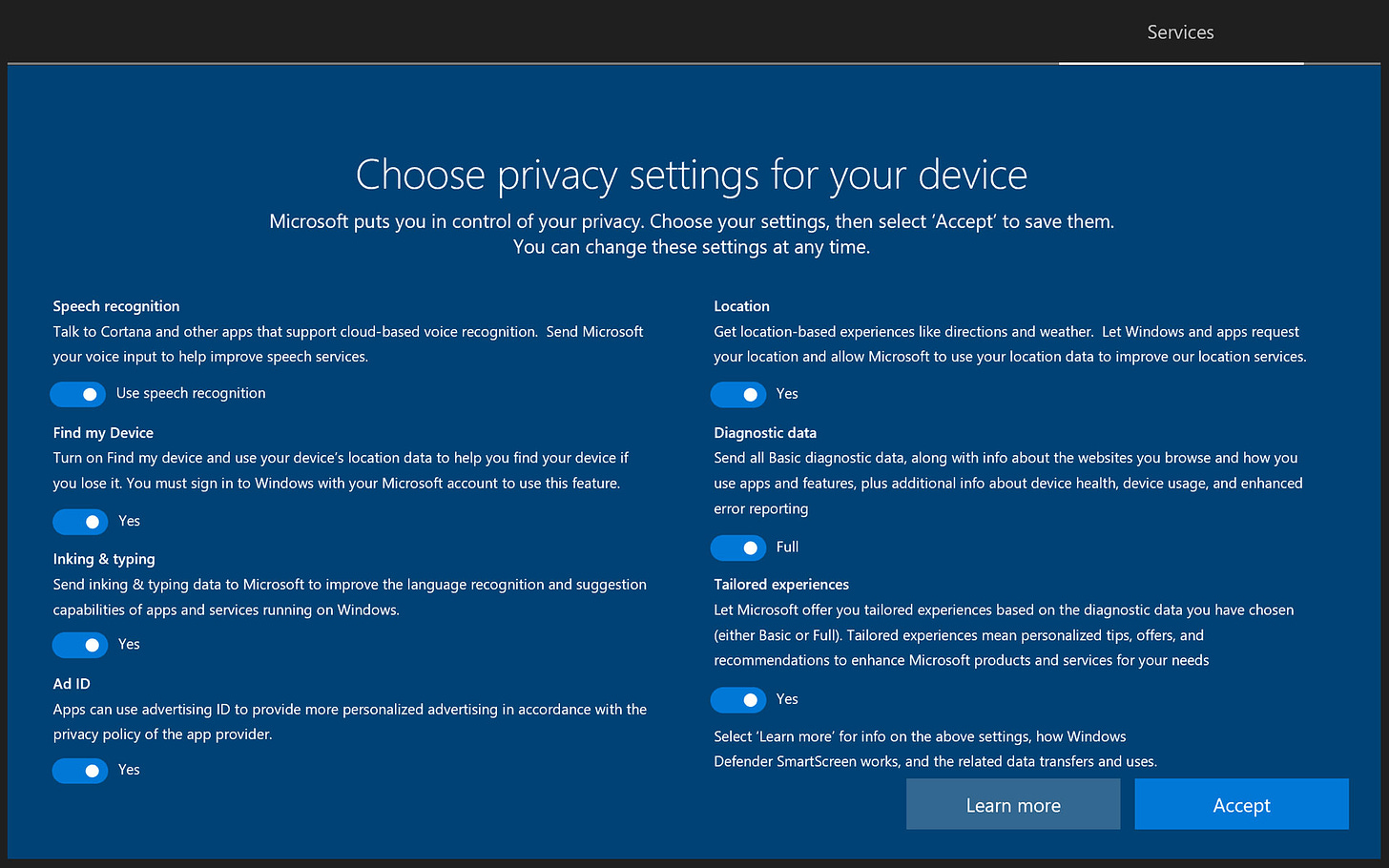
This is not how Microsoft wants to enter the Windows 11 era. Privacy concerns regarding today's tech giants are at an all-time high and "the big five" are routinely under scrutiny over these matters. In light of all this the Redmond giant should abandon any and all user data harvesting practices, introduce an absolute "minimum data collecting/maximum privacy" option and make the choice between this and other options clear. It should also subject Windows 11 to privacy auditing from independent parties in order to prove that its claims about committing to transparency are actually true. Will Microsoft still be able to collect any data it wants to? Οf course. But it does owe consumers the effort of being as sincere as possible. If this is an operating system to be used by the next billion PC users, there is no way around that.
Strive to add something new to each upgrade release
This may seem much less important than the other points but it actually isn't. Part of the reason why Windows 10 has stagnated - having us questioning what exactly is Microsoft doing with their operating system earlier in the year - is the absence of any meaningful additions in functionality for a very long time. All other operating systems, from macOS and iOS to Android and Linux, add several new (or "new"...) features annually, while Windows 10 hasn't added a single one of note during the last three to four years. This is not OK. It's as sure a sign of indifference as anything a company can give about a software product.
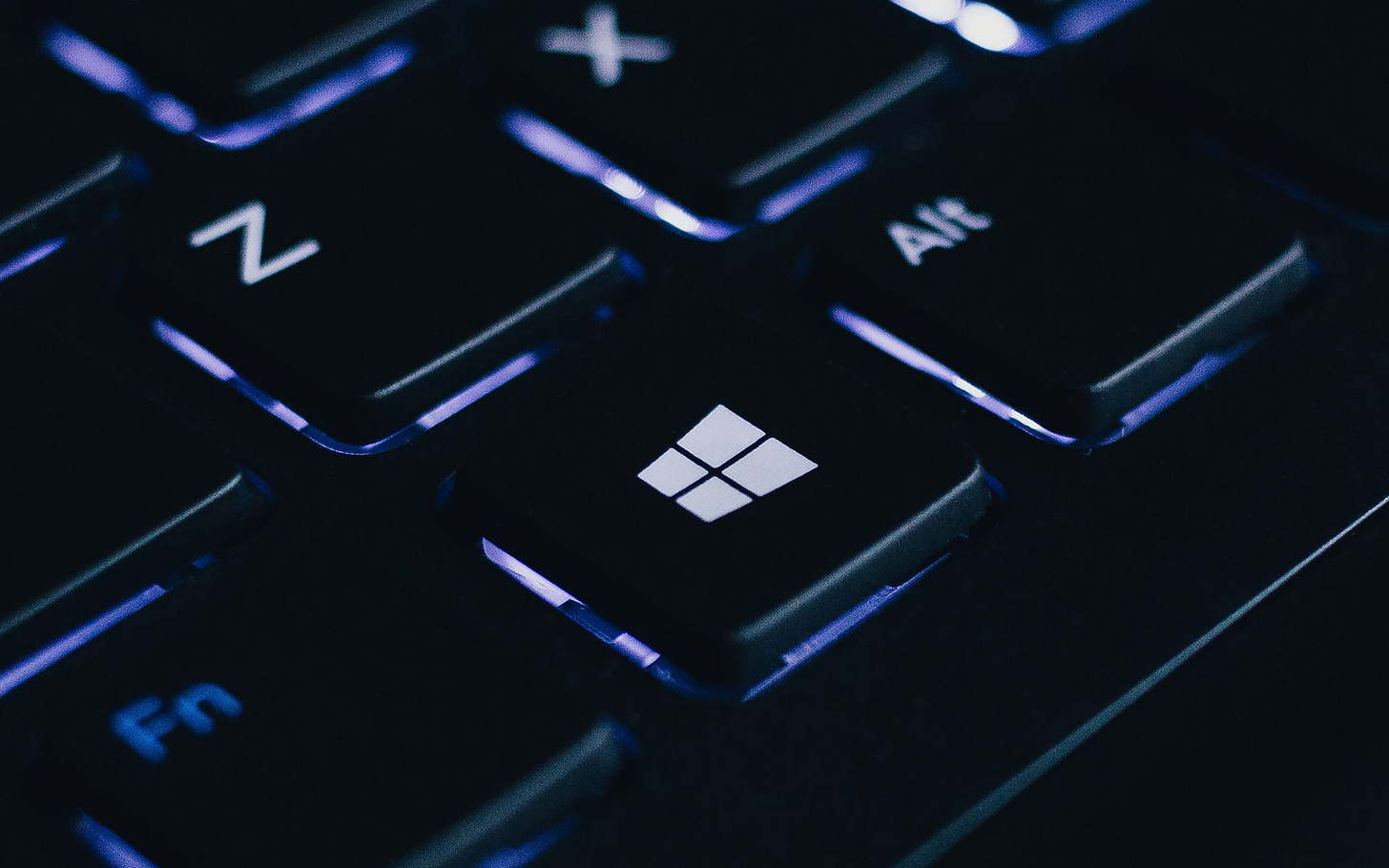
Windows 11 will have to be different in that respect if it means to succeed. It does not have to be a laundry list of new features or something breathtakingly innovative every single time. But some new functionality has to be present with every new version - if only to underline that at least a few people back at Microsoft's headquarters understand the importance of a modern operating system making progress, however slow. It's that simple.
These five things are simple to ask for but considerably harder to achieve, yes, but Microsoft is a company of resources and experience that few can match on the software front. It's not a question of whether the Redmond giant can pull this off. It's just a question of whether it's now ready to commit to Windows 11 in a way that it didn't during the Windows 10 era. Here's hope that Microsoft means to do exactly that.


